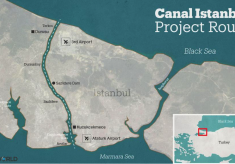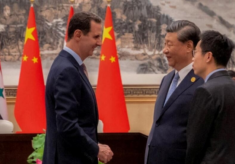
Jordan, Israel and the Emirates agree on water/energy security
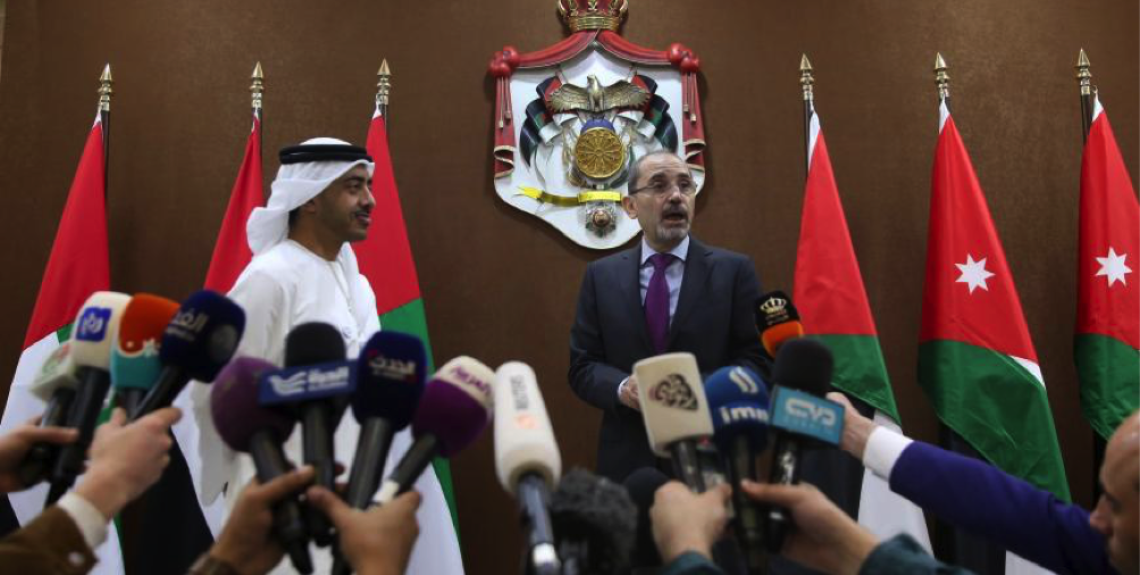
Share on

Mauro Primavera
Ph.D. in Institutions and Policies, researcher at OASIS International Foundation and Teaching Assistant in Geopolitics, History of Islamic Asia, History of Civilization and Political Culture at the Catholic University of Milan. His research areas include Arab and Mediterranean geopolitics, history of MENA region, Arab secular and religious movements.
Archive

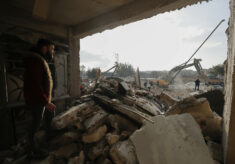
The future of Syria between war, diplomacy and earthquake
17 February 2023
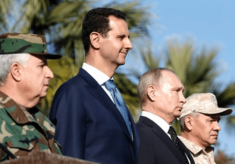
Syria’s experience for Russia in Ukraine war
22 September 2022
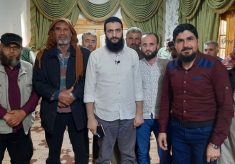
Tahrir al Sham’s moderate shift in Syria?
28 January 2022
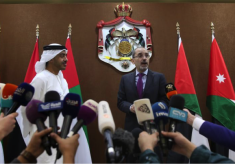
Jordan, Israel and the Emirates agree on water/energy security
1 December 2021
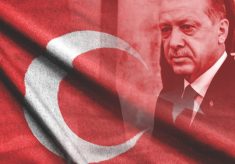
Turkey between vision and overextension
1 November 2021
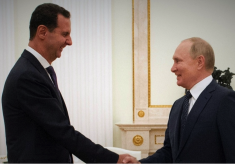
Assad-Putin meeting: between alliance and allegiance
30 September 2021
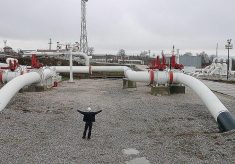
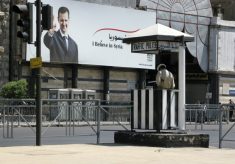
Assad winning war and losing peace?
15 June 2020
